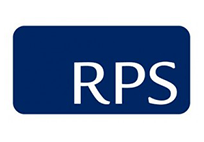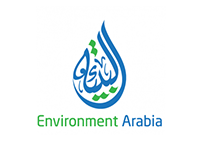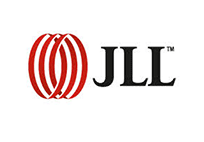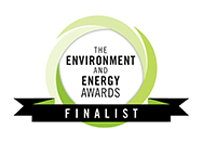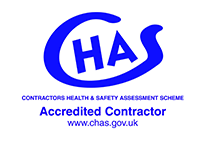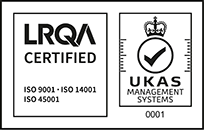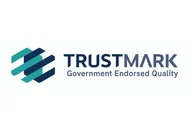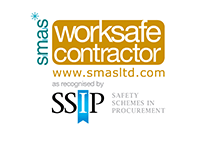
Construction Dust Management Consultants
Effective management of dust emissions during the construction phase of a project is critical for developers to demonstrate to nearby communities, local regulators and other key stakeholders their commitment to environmental protection.
Poor management of site activities and emissions can potentially lead to regulatory enforcement and to the exposure of site workers and nearby receptors to unacceptable levels of dust and particulate matter.
Phlorum’s Dust Management Services
Phlorum’s air quality consultants have considerable experience in undertaking construction dust risk assessments and the subsequent development of air quality & dust management plans and construction-phase air quality monitoring programmes for projects/sites of varying scale and complexity.
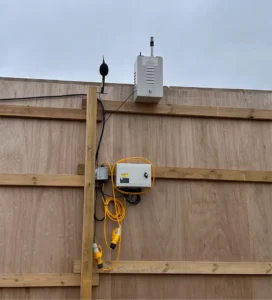
Construction Dust Risk Assessment
- We regularly undertake construction dust risk assessments to support planning applications for residential and mixed-use developments in the UK, following best practice guidance from the Institute of Air Quality Management (IAQM) and others.
- The risk assessment process considers the location of the construction site, the nature of the activities that take place on site (the ‘dust emissions magnitude’) and the sensitivity of any nearby receptors to airborne particulate matter and deposited dust.
- The outcome of the risk assessment process is the determination of a level of ‘dust risk’ for key construction phases (demolition, earthworks, construction and construction traffic) and the recommendation of mitigation measures and air quality monitoring requirements appropriate to the determined level(s) of risk.
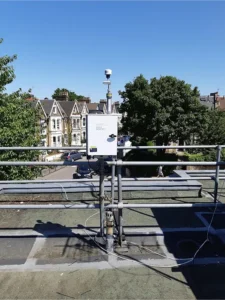
Air Quality & Dust Management Plans
- We have produced air quality & dust management plans (AQDMPs) for numerous construction projects, each tailored to the context of the construction site in question (i.e. location and scale) and the identified level(s) of risk.
- Successful implementation of an AQDMP is essential to ensure works being undertaken on a site adhere to local and national guidelines and that developers are not subjected to financial penalties or ‘stop work orders’ or exposed to reputational issues due to complaints from residents.
- AQDMPs should include information on the specific mitigation measures to be employed on site during the construction works, along with site contact information and methods to log and communicate dust issues and complaints. Air quality monitoring requirements should also be detailed.
- We can produce AQDMPs as standalone documents or provide the necessary content for wider construction-related management documents, such as Construction Environmental Management Plans (CEMPs).
Construction Dust Monitoring
- Our experienced construction dust management consultants have designed, implemented and managed a number of construction dust monitoring projects for developers and contractors, particularly in London and the south-east of England.
- We work on behalf of our clients to agree with local regulators any requirements around the type of monitoring equipment that is to be installed, where it is to be installed and any subsequent reporting obligations.
- We have an established and reliable network of monitoring equipment suppliers and can offer hire or purchase options for dust monitoring equipment, depending on the project budget/duration.
- We can install and operate real-time particulate matter monitoring equipment and dust deposition gauges, and we can also monitor for other pollutants, such as nitrogen dioxide (a pollutant associated with construction traffic).
- As part of our Construction Dust Management services we offer a full data analysis and reporting service for construction projects, providing our clients with critical trends and insights based on air quality measurement data, which can be shared with the local regulator, if required.
Why Choose Phlorum
The Phlorum Air Quality Team is highly experienced in all aspects of construction dust risk assessment, monitoring and reporting and have worked for a number of property developers and construction contractors to help enable their construction projects to run successfully, without disruption to local residents and to the satisfaction of local regulators.






